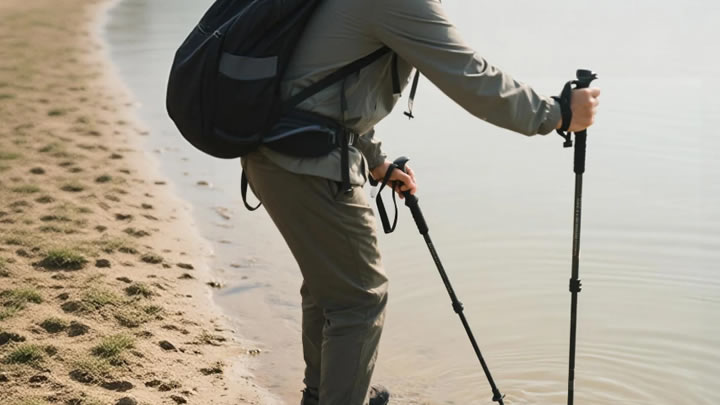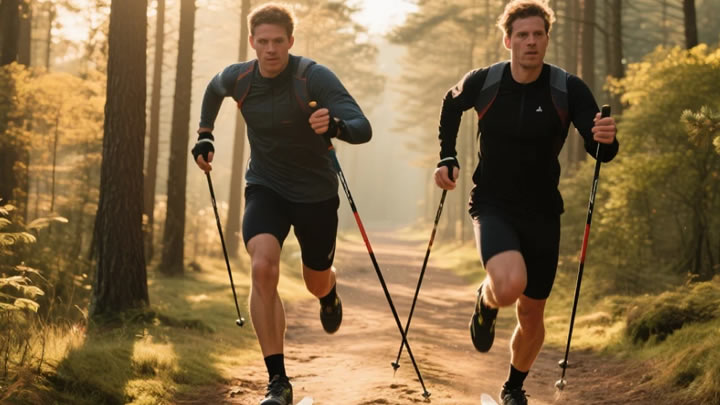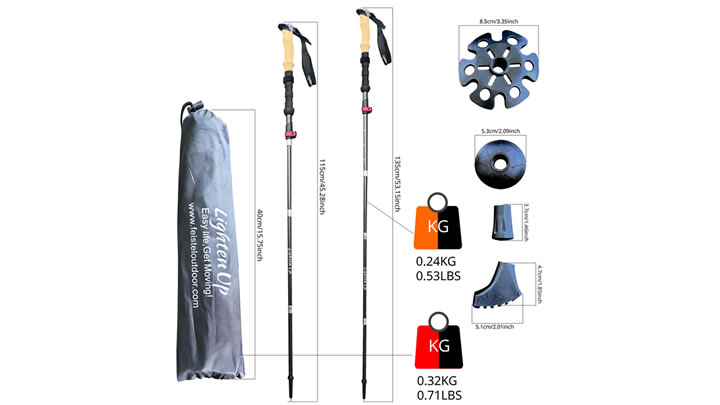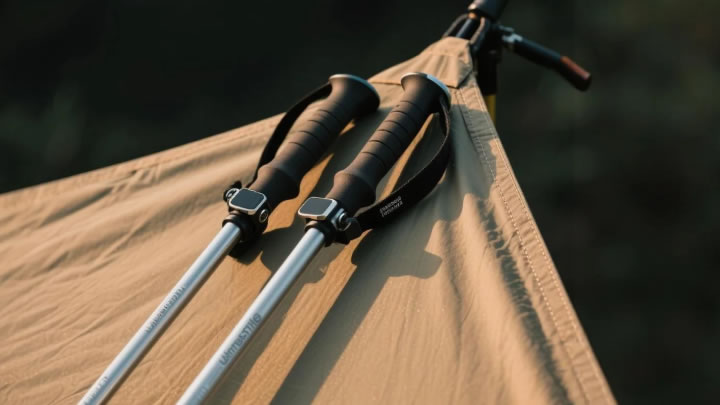Lightweight menstrual products for female hikers
For female hikers, managing menstruation on the trail requires gear that’s reliable, eco-friendly, and ultralight. Traditional products like bulky pads or tampons can weigh you down and generate waste—but modern innovations offer compact, sustainable solutions. Here’s a guide to lightweight menstrual care that keeps you comfortable and Leave No Trace compliant.

1. Top Lightweight Menstrual Products
A. Menstrual Cups (0.5–1 oz)
- DivaCup (0.5 oz): Reusable silicone cup lasts 10+ years, holds 12 hours of flow.
- Saalt Soft (0.7 oz): Softer silicone for active days; includes a carry pouch.
- Pro Tip: Sterilize cups in boiling water pre/post-trip. Use biodegradable soap for trail cleaning.
B. Organic Tampons (0.1–0.3 oz each)
- Lola Compact (0.1 oz): Compressed, applicator-free design saves space.
- Corá Organic (0.3 oz): Wrapped in plant-based film for easy packing.
- Hack: Store tampons in reusable silicone tubes (e.g., Matador FlatPak).
C. Period Underwear (2–4 oz)
- Thinx Active (3 oz): Moisture-wicking, leak-proof briefs for moderate flow.
- Modibodi Sport (4 oz): High-waisted option for heavy days.
- Wash: Rinse with water and dry overnight.
D. Reusable Pads (0.5 oz each)
- GladRags Ultralight (0.5 oz): Clip to your pack to dry; wash with Dr. Bronner’s.
2. Waste Management: Pack It Out Responsibly
- Used Products: Seal tampons/pads in Opsak odor-proof bags (1 oz). Never bury—animals dig them up.
- Wipes: Opt for biodegradable wipes (e.g., Cascade Wild) and pack them out.
- Blood Disposal: Strain menstrual cup blood into a cathole 200+ ft from water.
Ethics: Follow Leave No Trace principles—even “natural” blood can attract wildlife.
3. Trail-Tested Tips for Comfort and Hygiene
- Pre-Trip Prep: Start your cycle at home to adjust to cups/pads before hitting the trail.
- Cold Weather: Warm cups in your hands before insertion to avoid stiffness.
- Hand Sanitizer: Use alcohol-based gel before handling cups/tampons.
- Backup Plan: Pack a ziplock with 1 tampon + 1 pad for emergencies.
4. Ultralight vs. Traditional Products: Weight Comparison
| Product | Weight per Cycle (5 days) | Waste Generated |
|---|---|---|
| Disposable Pads | 10 oz | 5–7 non-recyclables |
| Tampons (applicator) | 8 oz | 5–7 plastics |
| Menstrual Cup | 0.5 oz | None |
| Period Underwear | 3 oz (1 pair) | None |
5. Addressing Common Concerns
Q: How do I clean a menstrual cup without running water?
- Backcountry Method: Wipe with unscented TP or a dedicated cloth, then rinse at the next water source.
Q: Are period underwear hygienic on multi-day trips?
- Yes: Rotate 2 pairs—rinse one daily and clip it to your pack to dry.
Q: Can I use cups in freezing temps?
- Yes: Store cups in an inner pocket to keep them pliable.
6. Eco-Friendly and Budget Options
- DIY Reusable Pads: Upcycle old flannel shirts into pads (sew with snaps).
- Cup Sterilization: Use UV sterilizer pens (0.3 oz) instead of boiling water.
- Secondhand Period Underwear: Sanitize gently used pairs (e.g., Mercari listings).
Case Study: A Thru-Hiker’s Solution
Jen, 29, hiked the Pacific Crest Trail using:
- Gear: Saalt Cup + 2 pairs Thinx Active.
- Routine: Cleaned cup at water sources, rinsed underwear nightly.
- Result: Zero waste, no discomfort, and 5 oz total menstrual gear.
Conclusion: Lighten Your Load, Honor Your Body
Menstruation doesn’t have to derail your hike. By choosing lightweight, reusable products and mastering trail hygiene, you can stay comfortable, eco-conscious, and focused on the adventure ahead. Remember: Your cycle is natural—your gear doesn’t have to weigh it down.






